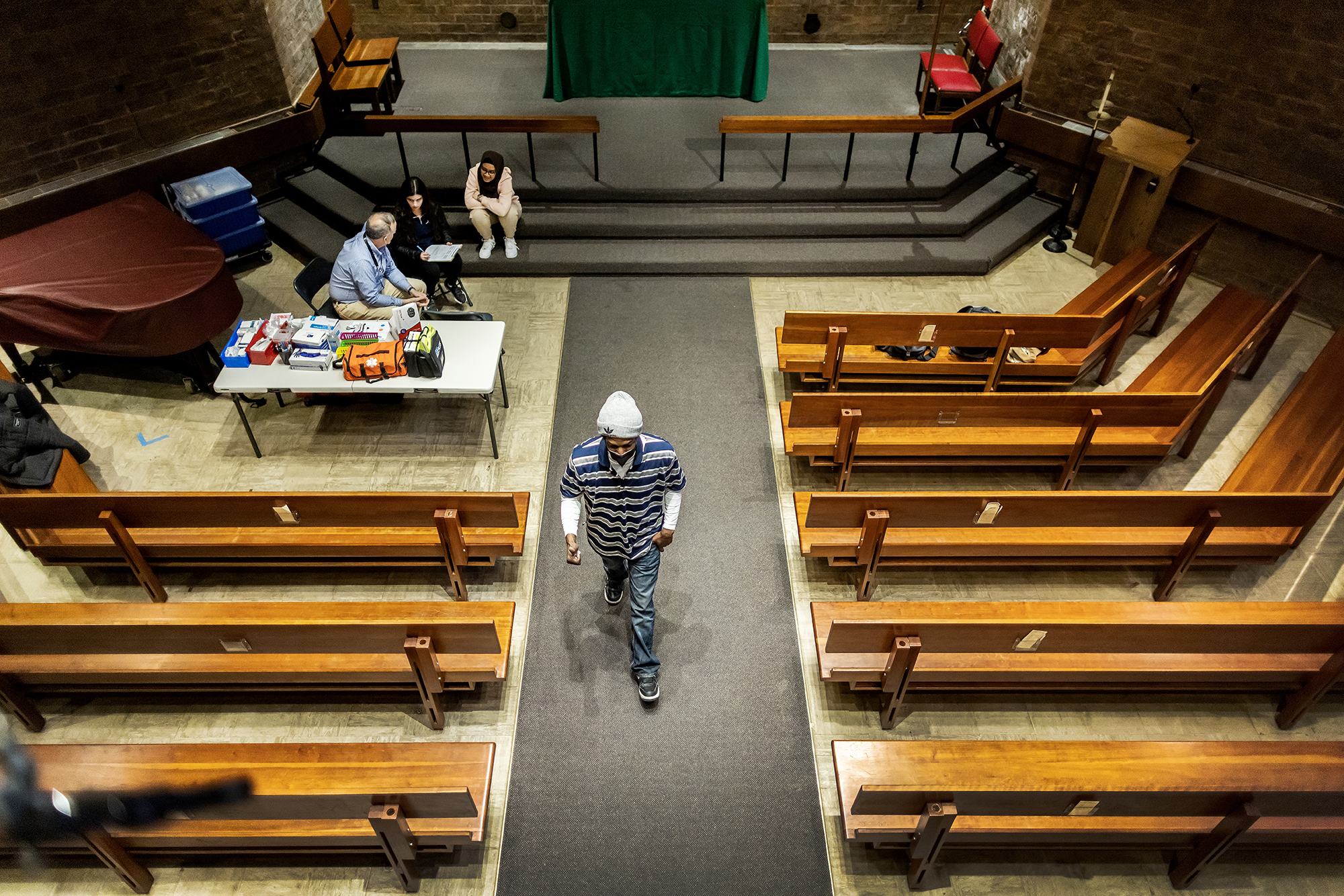
For the fourth year in a row, Penn’s Office of Social Equity and Community (SEC) is encouraging application submissions from students, staff, and faculty for Projects for Progress. Announced in 2020, the Presidential initiative provides University funding up to $100,000 for interdisciplinary Penn teams piloting practical projects that address social justice issues in Philadelphia.
The nine past project awardees—divided into three cohorts—have included programs that spanned the gamut, from initiatives helping young students and teachers alike adapt to in-person learning after the COVID-19 pandemic, to providing access to engaging environmental education in a West Philadelphia neighborhood, to offering medical care for people experiencing homelessness, and much more.
“It’s exciting to see people think creatively about what they can do,” says Nicole Maloy, director of the Office of SEC. “One thing that’s important to us in the Office of Social Equity and Community is helping people to realize that they’re already equipped to make a positive impact in the world around them.”
Projects for Progress, Maloy adds, gives people at Penn a useful “seed,” in the form of support and funding, to thoughtfully move forward, and, in many instances, move more quickly than otherwise possible. In fact, one of the requirements is that award recipients begin embarking on their initiative within six months.
The Rev. Charles “Chaz” Howard, who serves as Vice President for Social Equity and Community and as University Chaplain, described Projects for Progress as a “supercharge” for good ideas across the University that are already brewing. Projects also offer valuable opportunities to collaborate with existing Philadelphia organizations. The partnerships are imperative, Howard explains. “We are stronger together.”
Maloy, who has coordinated Projects for Progress from the start, says when the Projects for Progress Selection Committee is considering proposals—which for the next cohort are due Jan. 28, 2024—they consider five main factors. They ask: How is the project healing, relevant, unique, developed, and responsible stewardship? (For more information on proposal requirements, visit www.sec.upenn.edu/p4p.)
Maloy and Howard, both Penn alumni who’ve spent much of their careers at the University, agree that the motivation of Penn people to make a difference in society remains inspiring.
“What we’ve seen in Projects for Progress thus far,” Howard says, “is different, brilliant lights coming together to really do beautiful and bright things in and with the community.”







